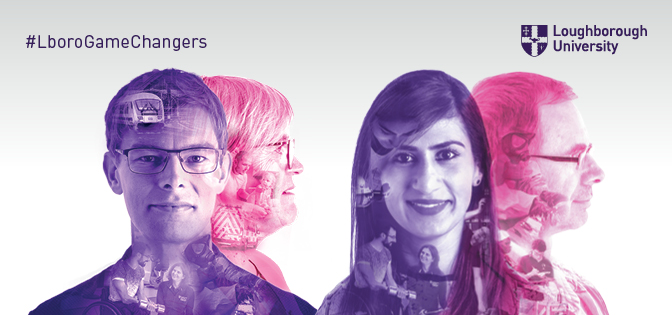There was almost a 20 percent reduction in the number of TV news items that addressed the topic in week two of the campaign compared to week 1. There was also a decline in press coverage of brexit, but not as steep as with TV coverage.
These findings feature in the second of four reports by Loughborough University’s Centre for Research in Communication and Culture (CRCC) analysing media coverage of the General Election.
This week’s audit also saw a reduction in overall media coverage of the election, largely due to other high-profile breaking news stories – the controversy created by Prince Andrew’s televised interview and significant developments in the US Presidential impeachment hearings – taking the headlines.
However, the first televised leaders debate of the election campaign by ITV has ensured Johnson and Corbyn remain the dominant media personalities. Jo Swinson succeeded in attracting more news coverage this week but was a distant third behind her rivals.
Speaking about this week’s report co-author Professor Dominic Wring said: “Analysis of the immediate follow-on coverage from the ITV debate confirm the newsworthiness of the event and how the structuring of this particular debate has compounded further the marginalisation of the minor parties. More than half of all items published in the 30 hours after the event made some reference to the ITV debate.
“Most of these items provided either mixed or no evaluations of who ‘won’, but where evaluations were made – almost exclusively in the national press – Johnson’s performance was adjudged more positively than Jeremy Corbyn’s.”
Other key findings form this week’s report include:
- The Prime Minister’s current withdrawal agreement has so far received twice as much coverage as the next most prominent brexit alternative (remaining in the EU).
- Health and the future of healthcare has become a more marked feature of election coverage, almost doubling from the first to the second week (4.4 percent to 8.5 percent).
- Jo Swinson’s attempts to reassert the importance of the Liberal Democrats in this, the week of the party’s manifesto launch, is reflected in her being the third most prominent campaigner. Her ranking has, however, been achieved with less than a quarter of the coverage afforded Jeremy Corbyn in second place. More broadly this outcome adds to the further marginalisation of women we noted during the opening part of the campaign.
- More than one in 2 of all election news reports made some reference to the ITV leadership debate in the 30 hours after the event. In contrast, Jo Swinson’s one-to-one interview broadcast later at 10pm was referred to in 13 percent of coverage.
- Positive media evaluations of Johnson’s performance in the ITV leadership debate were almost double the negative evaluations, whilst negative evaluations of Corbyn were almost quadruple the positive evaluations.
*For the full data and an explanation on how it is collated visit the University’s General Election website.
Results in the report are derived from detailed content analysis of news coverage of the General Election, compiled by experts in the CRCC. The research team has conducted news audits for every General Election since 1992.
To view the full report visit the University’s dedicated General Election website and for updates follow @lboroCRCC on Twitter.
In a hurry? Listen to the Election Headlines podcast. Released every Friday, the podcast gives a summary of the team’s weekly reports.


